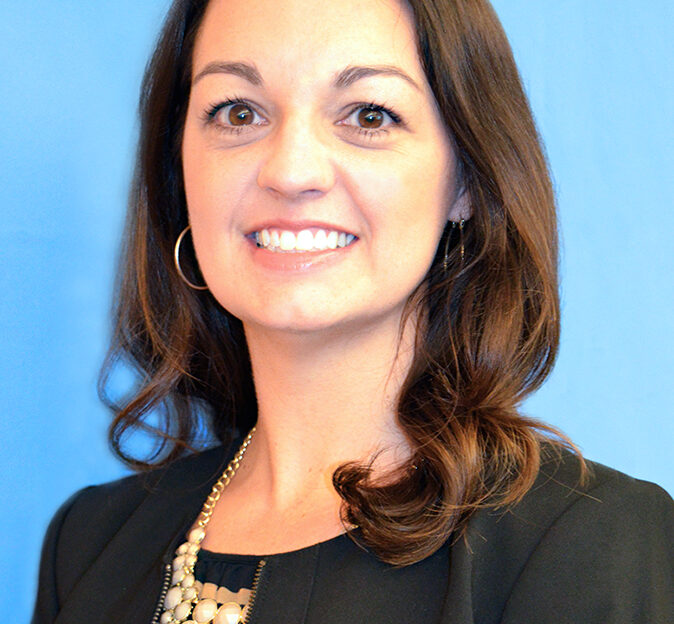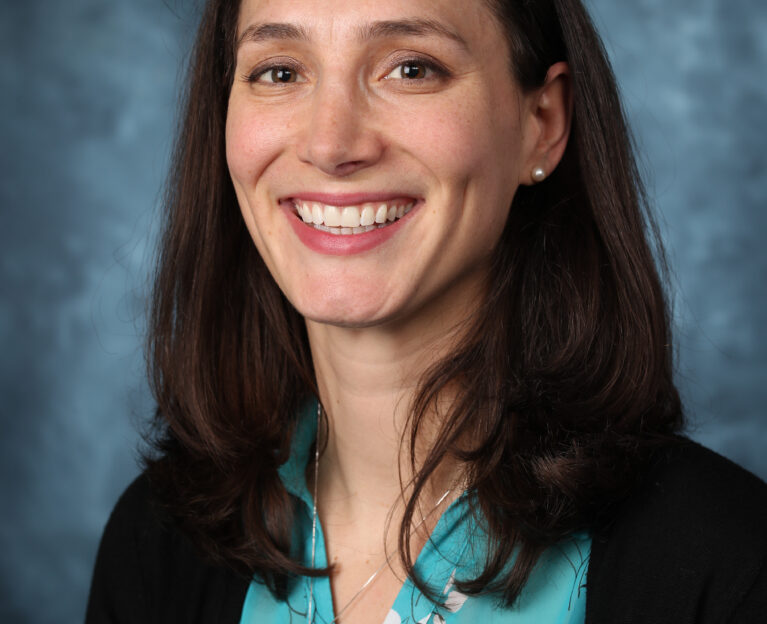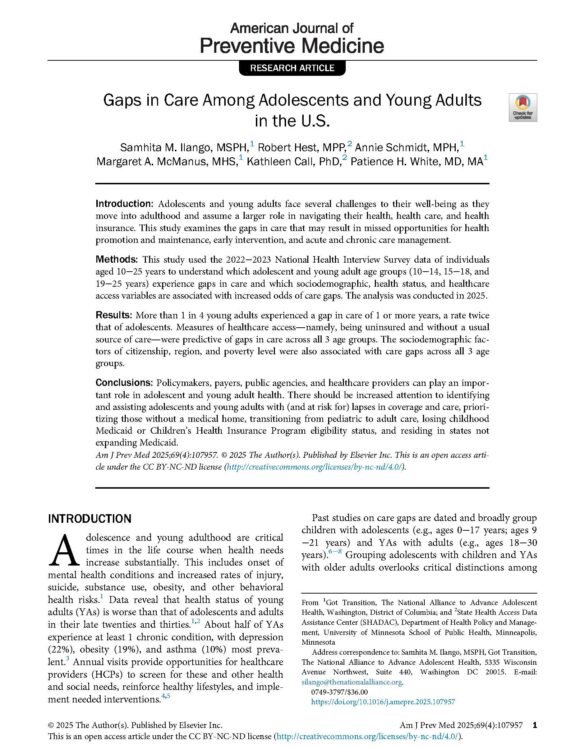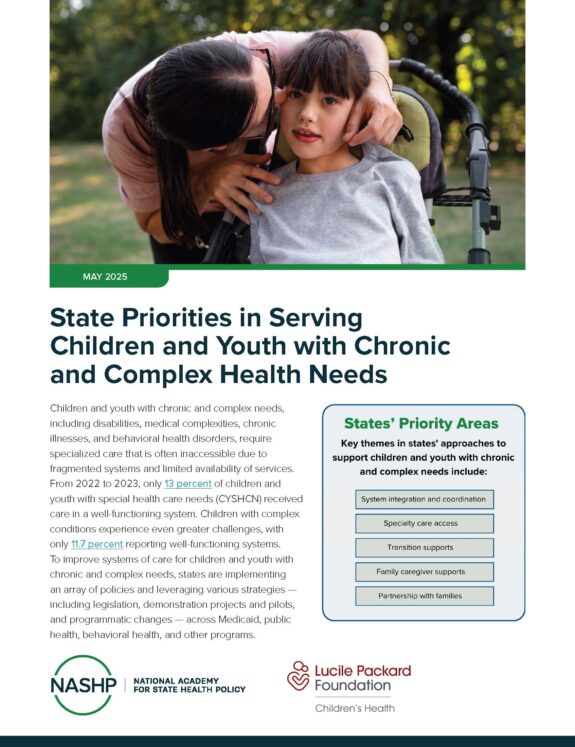The Next Steps to Improving Home Health Care for Children with Medical Complexity
More children are living with serious chronic conditions than ever before. Many of these children require home health care. A shortage of adequately trained pediatric home health care providers means that this care may fall on families. Addressing home health care workforce issues, from competitive wages to better training, can help alleviate undue family hardship.
Guided by Home Health Care for Children with Medical Complexity: Workforce Gaps, Policy, and Future Directions, this engaging discussion on family needs for home health care and potential workforce and policy solutions featured the perspectives of a parent advocate, a home health care administrator, a pediatrician, and a state official.
Webinar Recording
Speakers
Cara Coleman, JD, MPH
Consultant, Family Voices and Instructor of Pediatrics, Virginia Commonwealth University Medical School
Read Bio

Molly Hofmann, MSN, PCNS-BC, AFN-BC
Associate Director of Care Coordination, University of Illinois at Chicago-Specialized Care for Children
Read Bio

Roy Maynard, MD
Medical Director, Pediatric Home Service
Read Bio

Carolyn C. Foster, MD, MSHS
Assistant Professor, Division of Academic General Pediatrics and Primary Care, Department of Pediatrics, Feinberg School of Medicine, Northwestern University, Attending Physician, Ann & Robert H. Lurie Children’s Hospital of Chicago
Read Bio



